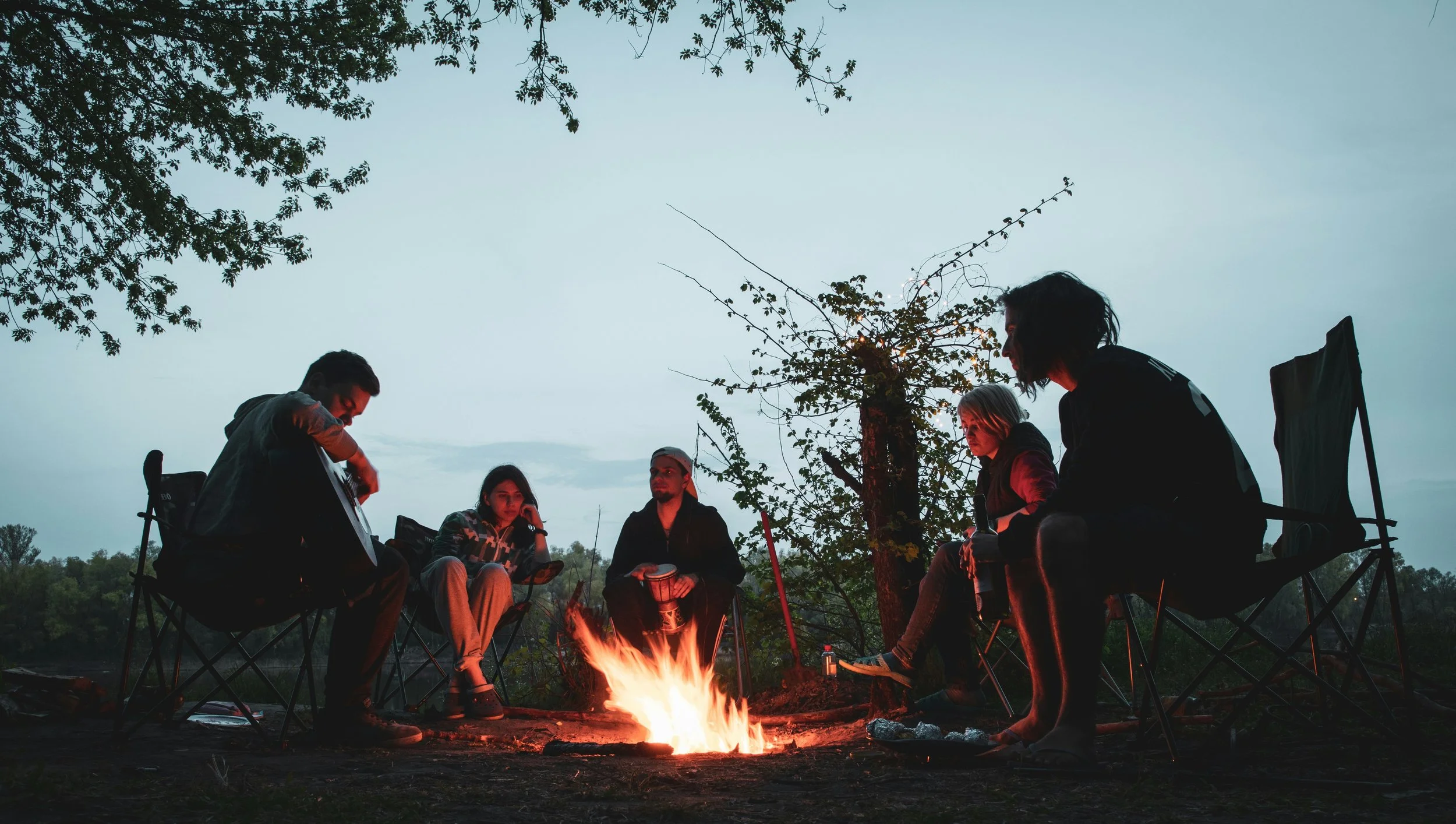Tips for Managing Social Anxiety During Summer Gatherings and Events
For many people, summer is a season of connection—barbecues, weddings, reunions, and holiday celebrations fill up the calendar. But for those living with social anxiety, these events can feel more like obligations than opportunities.
At our psychiatric practice, we regularly support individuals who struggle with event anxiety or discomfort in social situations. If summer gatherings leave you feeling overwhelmed or emotionally drained, you're not alone—and there are healthy ways to cope.
What Is Social Anxiety?
Social anxiety disorder is more than just shyness. It involves an intense fear of being judged, embarrassed, or negatively evaluated in social or performance situations. People with social anxiety may:
Avoid gatherings or arrive late and leave early
Rehearse conversations in advance
Overanalyze interactions afterward
Experience physical symptoms like nausea, sweating, or rapid heart rate
While it’s normal to feel nervous before a big event, persistent fear or avoidance may signal something more than typical introversion.
Why Summer Can Be Especially Challenging
Summer can amplify social anxiety for several reasons:
Increased invitations: Weddings, cookouts, outdoor festivals, and family reunions
Less structure: Spontaneous plans can be hard to mentally prepare for
Outdoor settings: Crowds, noise, or lack of personal space may trigger discomfort
Social expectations: Pressure to appear cheerful, outgoing, or talkative
The good news? With the right strategies, you can manage your anxiety and still participate in the moments that matter.
7 Practical Tips for Coping with Parties and Events
1. Choose What Works for You
You don’t have to say yes to every invitation. Prioritize events that align with your comfort level, values, or people you genuinely enjoy being around. Give yourself permission to decline when needed.
2. Arrive Early (or Late) Strategically
Showing up early can mean fewer people and easier one-on-one conversations. If that feels overwhelming, arriving late when the energy has settled might be more manageable. Do what suits your anxiety threshold.
3. Practice Small Talk Starters
Prepare a few go-to conversation topics or questions in advance. These could include:
“How do you know the host?”
“Have you been on any summer trips?”
“What do you do to relax during the summer?”
Rehearsing a few lines can boost your confidence in social settings.
4. Bring a Support Buddy
If possible, attend events with a trusted friend or family member. Having an ally can ease social pressure and give you someone to talk to when you need a break.
5. Use Grounding Techniques
When anxiety spikes, try grounding exercises like:
Box breathing (inhale for 4, hold for 4, exhale for 4, hold for 4)
5-4-3-2-1 sensory awareness (5 things you see, 4 you feel, etc.)
Holding a cold drink or textured object to anchor yourself physically
6. Plan an Exit Strategy
Knowing when and how you’ll leave can ease anticipatory anxiety. Drive yourself, set time limits, or have a “safe word” with a friend if you need to step away early.
7. Be Kind to Yourself Afterward
It's normal to feel drained or second-guess your social interactions. Don’t beat yourself up. Instead, reflect on what went well and remind yourself that perfection isn't the goal—connection is.
When to Seek Professional Support
If social anxiety is interfering with your ability to enjoy life, work, or relationships, therapy or psychiatric care can help. At our practice, we offer:
Mental health evaluations to understand your unique experience
Medication management (if appropriate)
Referrals for cognitive behavioral therapy (CBT) and social anxiety treatment
Support for co-occurring issues like depression, panic attacks, or self-esteem
Final Thought
You don’t have to let social anxiety define your summer. With preparation, self-compassion, and the right support, you can show up in ways that feel authentic and manageable.
Ready to take the next step? Contact our psychiatric practice to talk about personalized strategies for managing anxiety—so you can feel more comfortable and confident, no matter what’s on the calendar.
